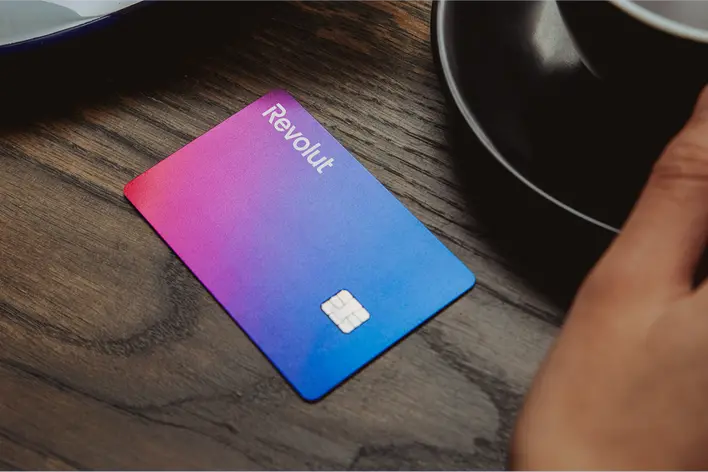A significant shift is underway in the US food market as legacy CPG giants face an unprecedented challenge from a new generation of agile startups. While large corporations once attributed weak sales to economic downturns, the reality is more nuanced: American consumers are not spending less but are redirecting their wallets toward smaller, emerging brands that offer higher quality and align with their evolving health and environmental values.
The Shifting Consumer Palate
According to research from Bain & Co., so-called “ascendant brands,” which represent less than 2% of food, beverage, and household products, drove nearly 39% of incremental category gains in 2024—more than double their share from the previous year. This trend places industry titans like General Mills and Kraft Heinz under immense pressure. They are losing price-sensitive customers to cheaper private labels while affluent consumers gravitate towards premium, innovative alternatives. This consumer exodus is visible across various sectors, including chocolate, yogurt, frozen meals, and snacks, echoing a pre-pandemic trend where large brands struggled to adapt to new dietary preferences like low-carb and plant-based diets.
The Startup Advantage Speed and Agility
The success of these challenger brands is rooted in their speed and flexibility. Startups like Chomps, a meat snack company that grew its sales from $70 million in 2021 to approximately $660 million in 2024, have redefined their categories. By targeting new demographics—such as women, athletes, and health-conscious individuals—with healthy, sugar-free products, they have outpaced established names. These companies leverage social media and e-commerce to build direct relationships with consumers, bypassing the expensive barrier of traditional retail shelves. As noted by Charlotte Apps, a consumer brands expert at Bain, a startup can make a promotional decision in just 10 minutes, a process that can take a corporate giant up to six weeks.
Incumbents’ Playbook for Survival
In response, large corporations are deploying traditional strategies, including aggressive cost-cutting, large-scale mergers, or simply waiting for market conditions to improve. Another popular tactic is strategic acquisitions, such as PepsiCo’s purchase of Poppi and Hershey’s acquisition of LesserEvil. However, this path is fraught with challenges. Bain & Co. data reveals that the growth of acquired brands often slows by as much as 50% post-acquisition, as their innovative culture struggles to survive within rigid corporate structures. The most challenging but potentially rewarding strategy is to reinvest in core brands and enhance product quality, even if it means sacrificing short-term profits.
Relevance for the MENA F&B Ecosystem
This disruption in the US market offers critical insights for the MENA region’s burgeoning food and beverage startup scene. As consumer awareness around health, wellness, and sustainability grows across MENA, a similar pattern of shifting loyalties is emerging. Local founders have a significant opportunity to capture market share by developing products that cater to regional tastes while emphasizing quality, transparency, and authentic brand storytelling. The US case study demonstrates that agility, direct-to-consumer strategies, and a deep understanding of niche consumer segments can empower MENA startups to effectively challenge established players in the F&B sector.
About Chomps
Chomps is a food company specializing in high-quality, protein-packed meat snacks. The brand is known for using sustainably sourced proteins like 100% grass-fed and finished beef and venison, and free-range turkey. Its products are Whole30 Approved, Certified Paleo, Certified Gluten-Free, and Keto Certified, catering to a wide range of health-conscious consumers.
Source: Al-Eqtisadiah














